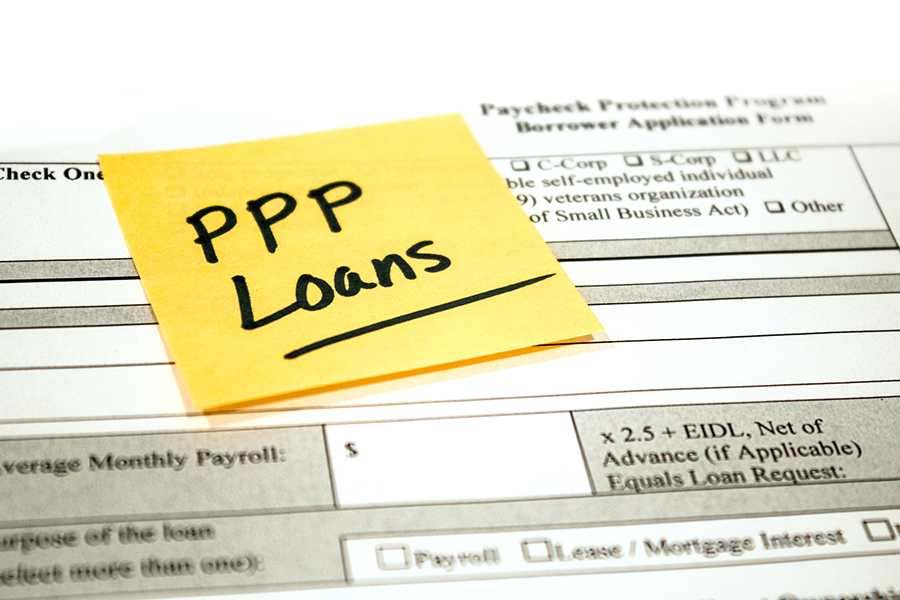The tax treatment of Paycheck Protection Program (PPP) loans continues to be a major source of confusion for those businesses who received the loans. Although forgiven PPP loans will not incur a federal tax (due to late December 2020 action by Congress), taxation at the state level is more uncertain.
Specifically, each state that has a state income tax has its own revenue code that conforms in some degree to the Internal Revenue Code (IRC). These states fall into two categories: rolling conformity and fixed-date conformity. “Rolling conformity” states automatically adopt the IRC changes as they occur for both individual and corporate income taxes. “Fixed-date conformity” states conform to the IRC after a certain date by vote of the state lawmaking body. In states that do not use rolling conformity, businesses may find themselves on the hook for state taxes even if they would not owe federal taxes for the same situation.
Businesses will not owe state taxes on forgiven PPP loans if their states conform before final calendar year 2020 tax returns are due (April 2021). If, however, states fail to conform by then, small businesses might be left with an unexpected tax burden.
Currently, there are nineteen fixed-date conformity states. The list includes:
- Arizona*
- California*
- Florida
- Georgia
- Hawaii*
- Idaho
- Indiana
- Kentucky*
- Maine
- Massachusetts
- Minnesota
- New Hampshire
- North Carolina*
- Ohio*
- Oregon
- South Carolina*
- Vermont
- Virginia**
- West Virginia
*State has voted to confirm to the changes in the Internal Revenue Code and will not tax forgiven PPP Loans.
** State has issued guidance on PPP forgiveness but has not yet voted to conform to changes in Internal Revenue Code.
Rolling Conformity States include:
- Alabama
- Alaska
- Colorado
- Connecticut
- D.C.
- Delaware
- Illinois
- Iowa
- Kansas
- Louisiana
- Maryland
- Massachusetts*
- Missouri
- Montana
- Nebraska
- New Mexico
- New York
- North Dakota
- Oklahoma
- Pennsylvania**
- Rhode Island
- Tennessee
- Utah
*Massachusetts has rolling conformity for its corporate tax code but static conformity for its individual tax code.
**Pennsylvania has rolling conformity for its corporate tax code but selective conformity for its individual tax code.
Texas, Nevada, Washington, Wyoming, and South Dakota have no income tax (although some do have other types of business taxes).
Business owners who filed for PPP loan forgiveness should keep a close eye on local legislation as they prepare their 2020 taxes, to see if action has been taken by their state. The IRS will begin accepting federal tax returns on February 12, 2021.

